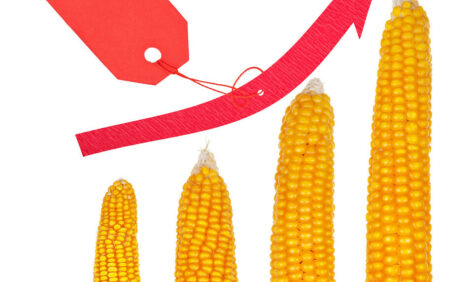



Discussions continue on Ukraine deal extension
The July deal allowed the export of more than 6 mln tonnes of grainsDiscussions will continue on extending and expanding a UN-brokered deal allowing Ukrainian Black Sea grain exports, UN spokesman Stephane Dujarric said on Monday, after UN officials held "positive and constructive" discussions in Moscow on the deal, reported Reuters.
The July deal has allowed more than 6 million tonnes of grains and other foods to be exported and could expire next month.
UN trade official Rebeca Grynspan and U.N. aid chief Martin Griffiths met on Sunday and Monday with Russia Deputy Foreign Minister Sergei Vershinin, Dujarric said.
Grynspan also held discussions with Russian First Deputy Prime Minister Andrei Belousov on facilitating exports of Russian grain and fertilizer to global markets and Griffiths met with Russian Deputy Minister of Defense Alexander Fomin to discuss more effective implementation of the deal.
"Discussions will continue. Fertilizers and raw materials required to produce fertilizers - that includes ammonia - originating from the Russian Federation are key to worldwide agricultural production," Dujarric said. "We are concerned about the next harvest and crisis in the making if fertilizers are not made available quickly and at a reasonable price to farmers all over the world as the sowing seasons begins."
Facilitating Russia's food and fertilizer shipments is a central aspect of a package deal brokered by the United Nations and Turkey on July 22 that also restarted Ukraine's Black Sea grain and fertilizer shipments.
Russia has criticized the deal, complaining that its exports were still hindered. Moscow could object to extending the pact allowing Ukraine's exports beyond late November.
The deal included ammonia, a key ingredient in nitrate fertilizer. A pipeline transporting ammonia from Russia's Volga region to Ukraine's Black Sea port of Pivdennyi (Yuzhny) was shut down when Russia invaded Ukraine on February 24.
The United Nations said the agreement on Russian and Ukrainian exports is needed to tackle a global food crisis it said had been worsened by Russia's war in Ukraine, pushing some 47 million people into "acute hunger." Ukraine and Russia are both key global grain and fertilizer exporters.



